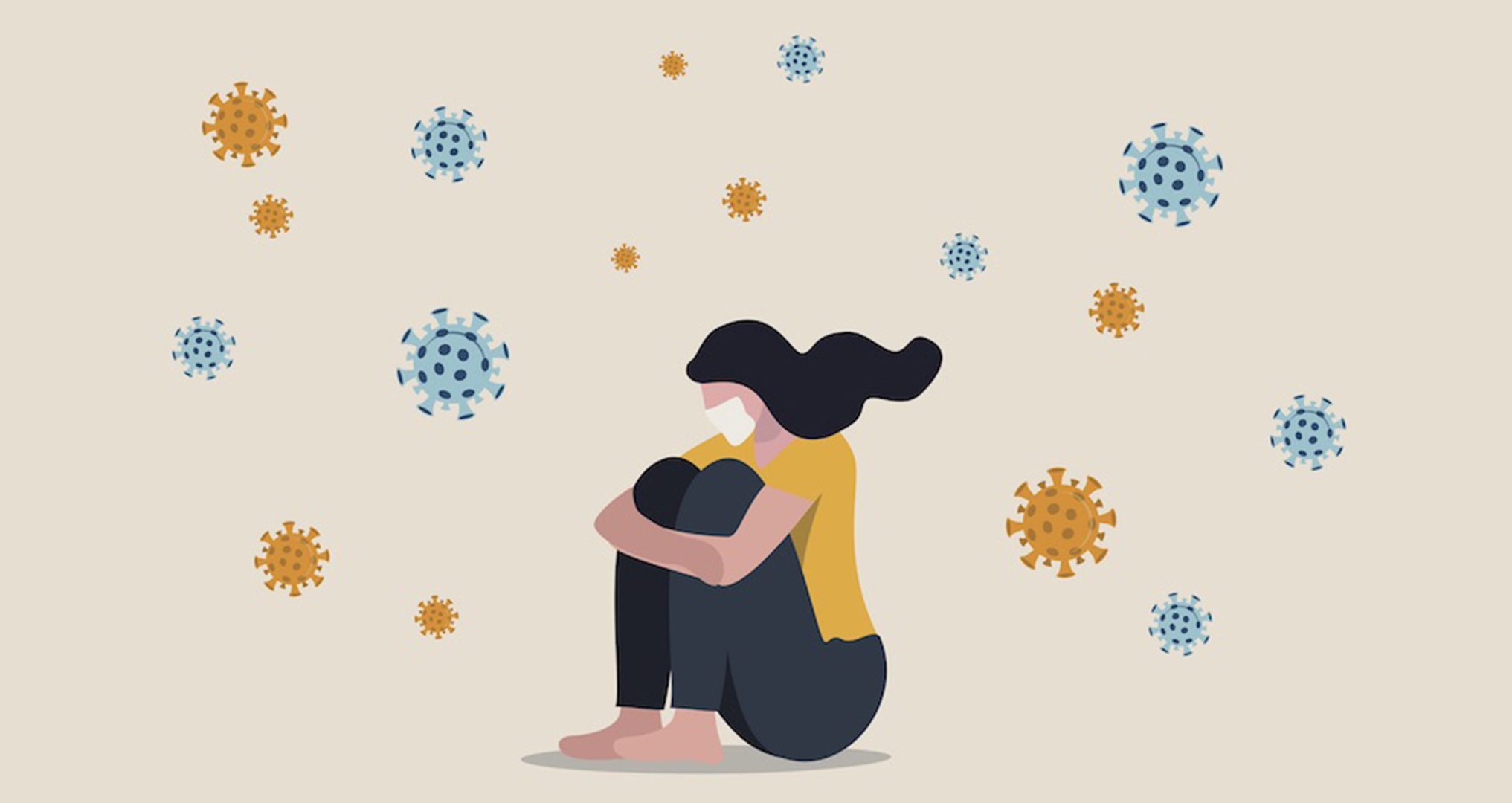We are all tired of being cooped up, tired of being careful, tired of being scared. We want life to go back to the way it was before. Is this making some of us careless? “This is a real challenge,” said Kaye Hermanson, UC Davis Health psychologist in the Department of Physical Medicine and Rehabilitation. “There are no easy solutions.”
Is Abnormal the New Normal? How Do We Coop?
“We can help ourselves,” Hermanson said. “We’ve heard this before, but it’s true: It’s time to develop coping skills.” Those include:
- Exercise: “It’s the No. 1 best thing we can do for coping,” she said. “Any exercise – even a simple walk – helps. It releases endorphins, gets some of the adrenaline out when the frustration builds up. Just getting out and moving can be really helpful for people.”
- Talking: “This really helps, too. Just saying it out loud is important,” Hermanson said. “Find the right places and times, but do it. Ignoring feelings doesn’t make them go away. It’s like trying to hold a beachball underwater – eventually, you lose control and it pops out. You can’t control where it goes or who it hits.”
- Constructive thinking: “We may think it is the situation that causes our feelings, but actually, our feelings come from our thoughts about the situation,” she said. ” We can’t change the situation, but we can adjust our thinking. Be compassionate with yourself and others. Remind yourself, “I’m doing the best I can.”
- Mindfulness and gratitude: “The more you do this, the easier it gets,” she said. “Try being in the moment. You are right here, in this chair breathing and looking around. We put ourselves through a lot of unnecessary misery projecting into the future or ruminating about the past. For now, just take life day by day.”
Coping can start by just being aware, and by being easy on yourself. We need to remind ourselves that there are things we can control and things we cannot.

